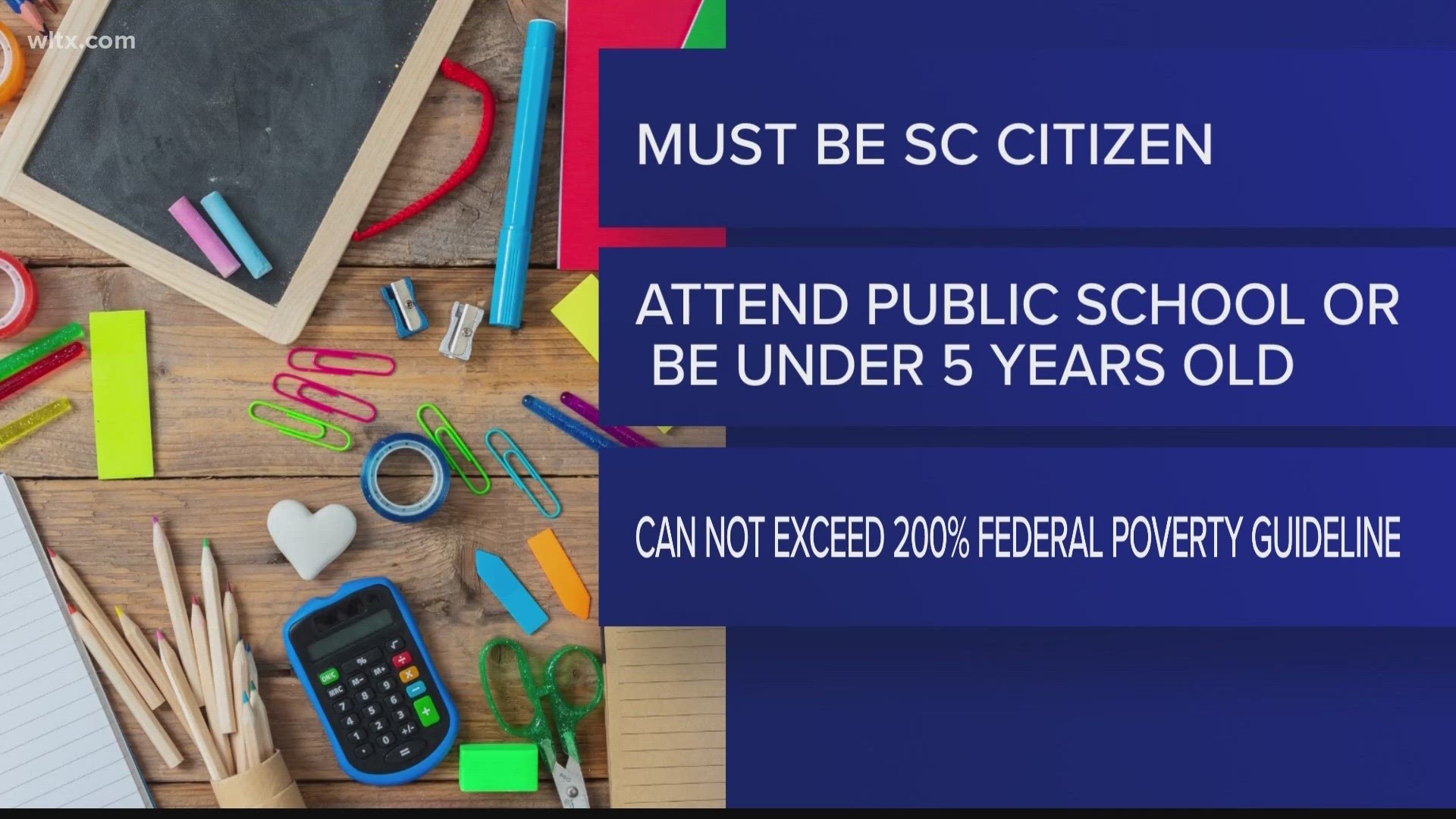COLUMBIA, S.C. — One week from tomorrow, the State Supreme Court is scheduled to hear a challenge to a new law that would provide vouchers to pay — in part — for private school expenses for students who qualify.
A week after that is the deadline to apply for those funds.
That being said, there are two key dates to keep in mind as we approach March. Those are March 6 and March 15.
March 15 is the deadline to apply for a new Educational Scholarship Program, which was approved by the legislature and signed into law by Governor McMaster in May of 2023.
"We are really excited about the potential this has to impact student achievement," Laura Bayne, the Deputy Superintendent of Strategic Engagement for the SC Department of Education said.
The program, referred to as ESA, gives parents a chance to apply for an educational scholarship worth $6,000.
Bayne says up to 5,000 students statewide could receive the funds for the 2024-25 school year. "Scholarships can be used to pay for private school tuition, inter-district transfer fees to other public school systems, therapies for students with disabilities, and even tutoring."
To qualify for the money, students living in South Carolina must have attended a SC public school the year prior or be 5 years of age or older, and the family's household income can't exceed 200% of the 2024-25 federal poverty guideline.
That leads us to March 6th. That's when the State Supreme Court Justices are scheduled to hear arguments challenging this new law.
Back in October of 2023, the state NAACP, along with the state education association and six public school parents, filed the lawsuit asking the court to strike down the law.
In an interview with News19, Sherry East, who is a high school teacher and the President of the SC Education Association, said the new law is a violation of the state Constitution.
"We ended up filing a lawsuit with our partners NAACP and the education law center, and we have five plaintiffs that will go to court to tell our side that we feel that it is unconstitutional to give our tax dollars to private or religious schools," said East.
If the State Supreme Court finds the program unconstitutional, East says there will be a push to change the Constitution.
"If we win our court case, then there are already wheels turning to get a ballot measure passed that would allow the people of South Carolina to decide if they want to give their public dollars to these institutions," East concluded.
Although the justices are set to hear the arguments on March 6, there is no clear indicator on when they will issue a ruling in the case.
In the meantime, applications for the scholarship trust fund program are due by March 15.

